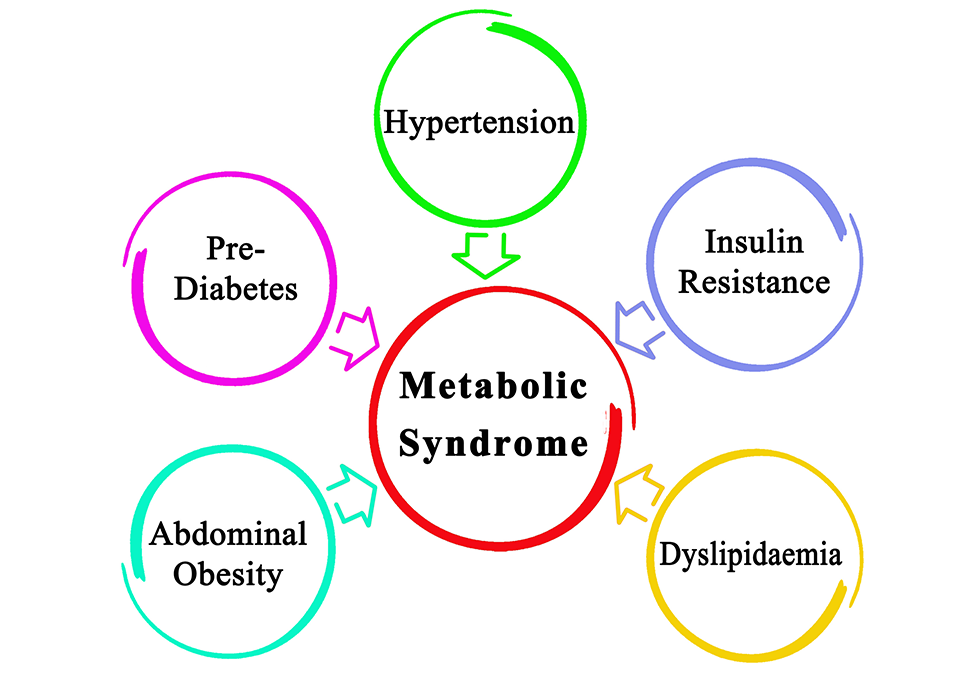
High Blood Pressure
January 4, 2021
What is Metabolic Syndrome?
January 4, 2021What is chronic kidney disease?
Chronic kidney disease happens when the kidneys are damaged and can't clean the blood or do their other jobs.
What do the kidneys do?
The kidneys clean the blood by removing waste products, which then leave the body through the urine. The kidneys have an important role in balancing the body's fluids. They also help control blood pressure, keep bones strong, and make red blood cells.
What causes it?
Many things can damage the kidneys. The two most common causes of chronic kidney disease are diabetes and high blood pressure.
What are the symptoms?
If you have chronic kidney disease, you may not feel anything unusual. However, you may have these symptoms:
● Tiredness
● Stomachache
● Muscle weakness
● Less urine output
● Swollen legs
● Puffy eyes
Should I be tested?
If you are 60 years or older, have diabetes or high blood pressure, or if you have family members with kidney disease, your doctor may want to test you for chronic kidney disease. He or she will check your blood pressure and order certain blood and urine tests to find out how well your kidneys are filtering your blood, and to see if there is protein in your urine.
What can I do to help my kidneys?
It is important to stay away from things that can hurt your kidneys. You might need to:
● Stop smoking
● Keep your blood sugar at a healthy range if you have diabetes
● Lower your blood pressure to healthy levels through diet, exercise, and medicines
● Lower your cholesterol
● Maintain a healthy weight
● Take medicine to slow down damage to your kidneys
● Avoid medicines called nonsteroidal anti-inflammatory drugs (or NSAIDs).
Examples include ibuprofen (brand names: Advil, Motrin) and naproxen (brand name: Aleve).
Where can I learn more about chronic kidney disease? Your doctor
AAFP's Patient Information Resource
https://familydoctor.org/condition/chronic-kidney-disease-ckd/Medline Plus
https://medlineplus.gov/chronickidneydisease.htmlNational Kidney Disease Education Program
http://nkdep.nih.govNational Kidney Foundation
http://www.kidney.org



